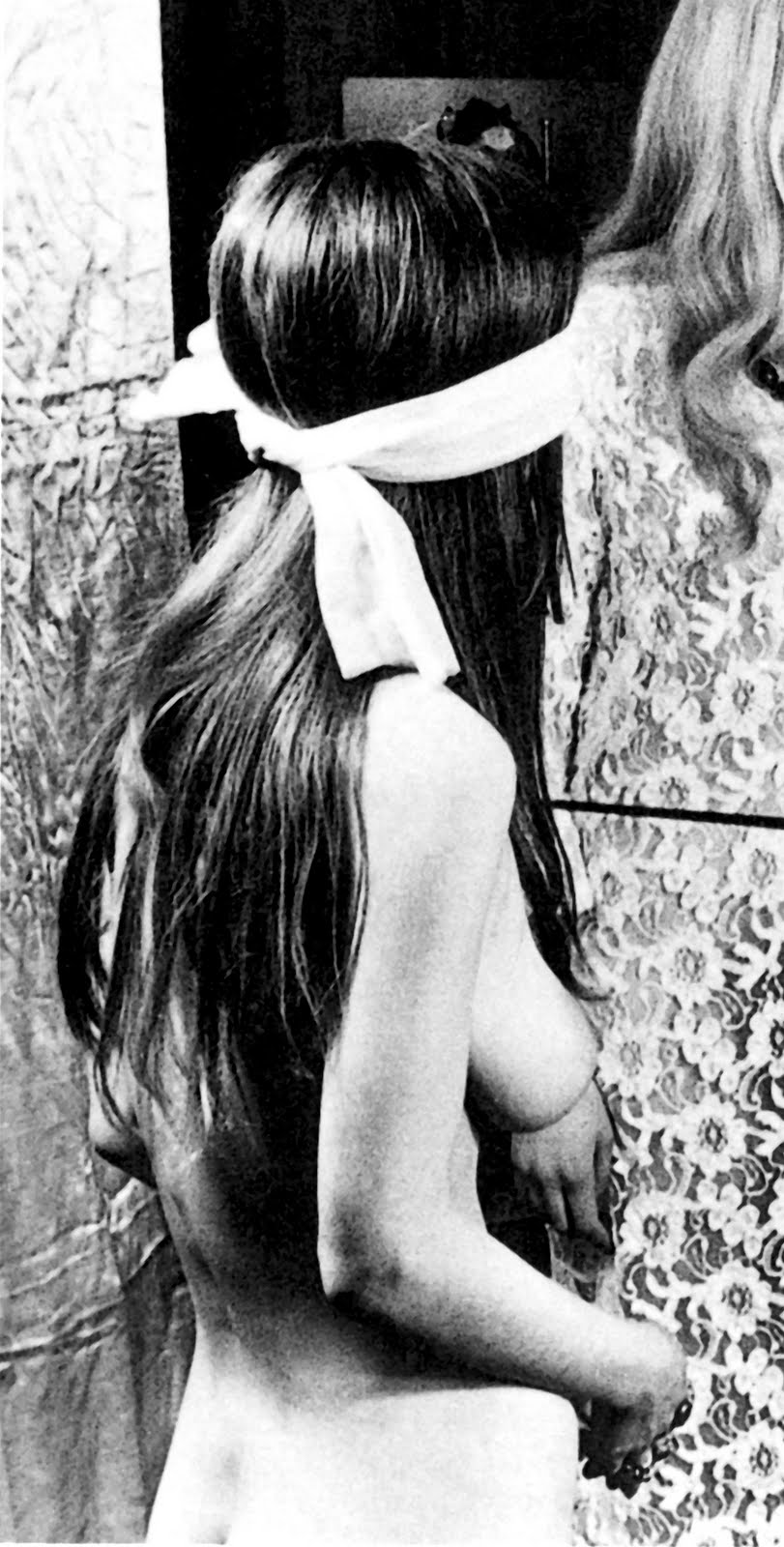 Wicca has changed a great deal from its founding in its modern form with the New Forest Coven. Once, degrees and initiations were an essential part of the practice, but now, with solitaries and eclectics outnumbering most other forms of Wicca, such ways have been almost forgotten. Most Witches today do not understand the purpose or need for initiations. They tend to view them as excuses for “trad Witches” to be arrogant and hierarchical. Unfortunately, even some initiated Witches seem to see it that way. My background includes eclectic and solitary practice, as well as initiation in two very different traditions, so I thought I ought to take some time to explain what initiation and the Three Degrees of Wicca are all about.
Wicca has changed a great deal from its founding in its modern form with the New Forest Coven. Once, degrees and initiations were an essential part of the practice, but now, with solitaries and eclectics outnumbering most other forms of Wicca, such ways have been almost forgotten. Most Witches today do not understand the purpose or need for initiations. They tend to view them as excuses for “trad Witches” to be arrogant and hierarchical. Unfortunately, even some initiated Witches seem to see it that way. My background includes eclectic and solitary practice, as well as initiation in two very different traditions, so I thought I ought to take some time to explain what initiation and the Three Degrees of Wicca are all about.
What Initiation is Not
Sometimes, Witches seek initiation as a way of “legitimizing” their Craft. If that’s what you’re looking for, you’re wasting your time. Initiations are generally only considered valid within whatever tradition you have chosen to study. Someone will always take issue anyway, especially if they have sour grapes against your tradition (or even against a handful of tradition members). It’s not a Pagan “merit badge” system.
Sometimes, Witches seek initiation to gain power. This doesn’t work either. Having the degree will not make you any better at Witchcraft (although the things you learn in seeking the degree might). Nor does it make anyone respect you or regard your word as being more significant than anyone else’s, unless they are brand new to the Craft and don’t know any better. Only Third Degree initiates are supposed to be able to start their own traditions, but in reality, that and five bucks might buy you a cup of coffee.
Some seek initiation for status. This has limited application in some circles, but generally, Pagans really don’t care; and for everyone who does, somebody else will denounce you as being arrogant, self-centered, and egotistical for having the degree in the first place.
What Initiation Is
Initiation represents recognition of a certain level of mystical understanding. Part of its purpose is recognition, but it is generally not given until the community already treats you as if you were of the relevant degree and is honestly surprised when they learn you are not. Partly separates one stage of the initiate’s life from the next stage. In some traditions, it also links you to the lineage of those who have come before you, and it teaches something in a living, breathing way that ideally, transforms the initiate and improves him or her as a person and a Witch.
Requirements
Each tradition will have its own requirements. Some demand achievements and assignments. I personally believe that one should be cautious of these. In my opinion, the lessons of initiation are intangible and difficult to codify. It’s more a certain “knowing” that is intuitive and spiritual, and judging whether or not a student is ready is not easily defined.
First Degree
Most paths of Wicca follow the traditional practice of insisting on at least a year and a day of study before initiating anyone to the First Degree. In some groups, this is referred to as becoming one of the “twice-born.” The Mystery taught is the Mystery of Birth. In many variations of a theme, you will be brought blindfolded and bound (by a symbolic umbilical cord) and usually naked, challenged at the threshold of the circle to determine if you enter of your own free will, and your measure will be taken and returned to you (cutting the umbilical cord). It symbolizes being reborn into a new life of being a Witch. Mostly what initiators are looking for is whether or not Wicca is your chosen path and whether you are willing to accept the responsibilities of that; and in order to be sure of this, you need to know exactly what it is that you’re getting into, so a basic understanding of Wiccan practice and theology is required. In my tradition, I also insist that you own an athame, because that is the most essential of Wiccan tools.
Second Degree
At Second Degree, you should have enough understanding of the Craft to be able to teach it. Most people have been practicing for a few years before they are ready for it. The Mystery of the initiation is about Death; particularly, Death of the Ego to grow closer to the Divine. This ritual is the one with the most variations between traditions, but it always involves a symbolic death, ordeal, and rebirth; again, requiring the initiate to be naked and vulnerable. Reaching this degree is defined by a lot of personal conflicts and getting one’s feces to coagulate. When you know what you need to know to instruct others, and get through your personal ego and power issues, you are ready for the degree. In a way it’s a refining process. An initiate is seeking to become a better conductor of Divine Will and magick by getting one’s own ego out of the way. I insist that my initiates own their own basic ritual tools at this point, because they can teach Wicca on their own, and they sure won’t be using mine when they do!
Third Degree
Witches who have reached Third Degree should be able to understand Wicca well enough to intelligently debate and create theology. If you aren’t already leading your own coven, you soon will be. In some traditions, this degree is only granted to those who intend to form their own covens; coven Witches can remain at Second Degree for years. The Mystery is Love and Sex: how the joining together of two creates something greater than the sum of its parts. The most common form of initiation is the Great Rite. In my own practice, my Third Degree initiates are people whom I recognize as mystical, magickal, and spiritual equals, people whom I believe have as much to teach me about the Craft as I have to teach them. I love getting together with them to practice when I can, because it’s like working with superconductors as far as the magickal “juice” goes, but they all lead their own groups and teach in their own ways. According to Judy Harrow, it takes an average of seven to ten years to achieve a Third Degree, the equivalent of a Master’s degree.
Next column: How to design an effective Wicca 101 course.
Seekers and Guides is published on alternate Mondays. Follow it via RSS or e-mail!

















